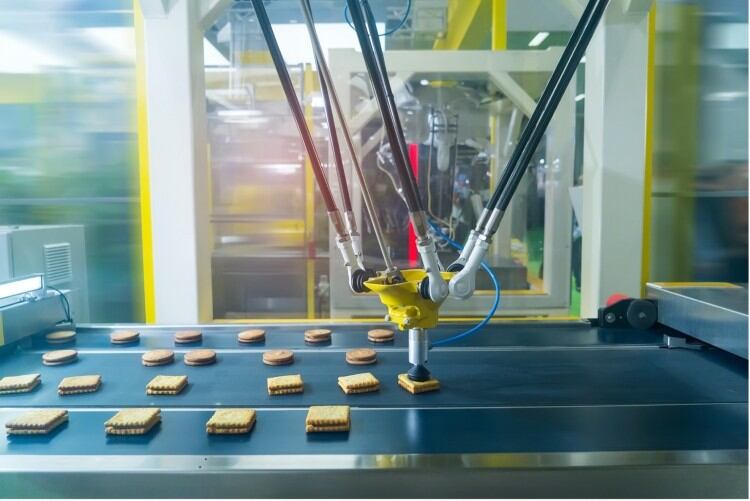Robot density in the UK was reported at 101 units per 10,000 workers, below the average of 126 units globally. Overall, the UK ranked 24th and was the lowest of the G7 nations.
Milton Guerry, President of the International Federation of Robotics, said: “The United Kingdom has a strong manufacturing industry that has low annual robot installation counts.
Keeping up with the world
“The automotive and also general industry markets need to invest in automation technology to keep up with international competitors.”
The IFR highlighted the benefits of adopting robots into the workplace, with particular focus on handling manual tasks that can free up operators to handle more complex duties.
Mobile Industrial Robots development manager Adrian Howe said: “Manufacturing processes were early targets for automation, and advances in cost-effective, safe, and easy-to-deploy collaborative robots quickly made this type of automation accessible even for small and mid-sized businesses.
Automating wasteful processes
“After seeing fast and substantial return on investment from these technologies, business leaders are now looking to automate other wasteful processes within their organizations.”
British Automation and Robot Association (BARA) data indicates sales of individual robots sold to domestic food and drink manufacturers in 2020 was 35% up on 2019 and last year was 21% up on 2020.
In 2021, the food and drink industry was the second biggest purchaser of automation after the automotive sector for the first time, to claimed Manufacturing Technology Centre chief automation officer Mike Wilson.
In our feature on the latest robotics trends in food and drink, a recent white paper – Robotics and Automation: A new perspective – made for key recommendations on how to spur robot adoption, including investment in skills and better cross industry collaboration.




